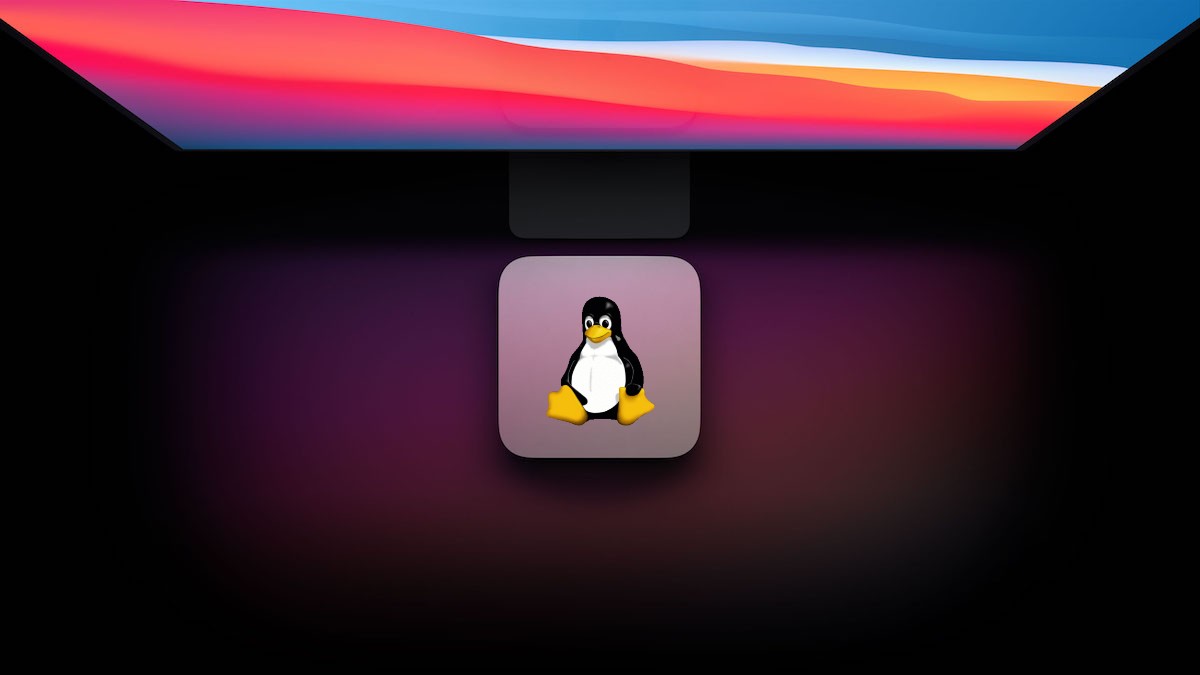Linux 6.2 has been released and features official support for Apple’s M1 and M2 Macs. This includes full kernel-level support for Apple Silicon which includes M1, M2, M1 Pro, M2 Pro, M1 Max, M2 Max, and M1 Ultra chips.
This is not the first time that Linux has been supported on Apple Silicon. Asahi Linux was the first to add support for M-series chips, thanks to efforts by Hector Martin, Alyssa Rosenzweig, and other developers. The efforts by these developers have been upstreamed to the mainstream Linux kernel, which all users and distros can take advantage of now.

Linux 6.2 and Apple Silicon
Asahi Linux was a project started by Hector Martin, and it started in December 2020, soon after the release of the first M1 MacBook Air and MacBook Pro. It was a crowd-funded effort and hits its funding goals quickly. This was at a time when the creator of Linux, Linus Torvalds, was doubtful that this could happen, but Hector Martin made it possible.
Asahi Linux was made available for Mac users last year, which allowed them to run the operating system on any MacBook, iMac, Mac Studio, or Mac mini, powered by Apple Silicon. Thanks to Asahi Linux, Linux also got initial support for M1 chips with 5.13 kernel in 2021.
Linus had shared in 2022 that he was using Apple hardware for Linux development due to its arm64 architecture. This was a clear signal that official Linux support was on the way.
While Linux 6.2 kernel is available now, it will take a few months before it is available in popular distros. The upcoming Ubuntu 23.04 and Fedora 38 releases are expected to feature this new kernel as default.
This is an exciting time for Linux users as they can use their favorite operating system on Apple hardware which has proven its superiority when it comes to performance and efficiency when compared to laptops and PCs powered by x86 chips.
Just recently, Microsoft announced official support for Windows 11 on Apple Silicon Macs, through a partnership with Parallels. Parallels allows users to run Windows 11 in a virtualized environment and has supported the operating system ever since it was released. Microsoft’s announcement just confirms that Parallels is officially authorized, and does not change much else. The limitations that exist in Windows 11 on Arm still apply, such as the lack of support for DirectX 12, 32-bit Arm apps, and more.